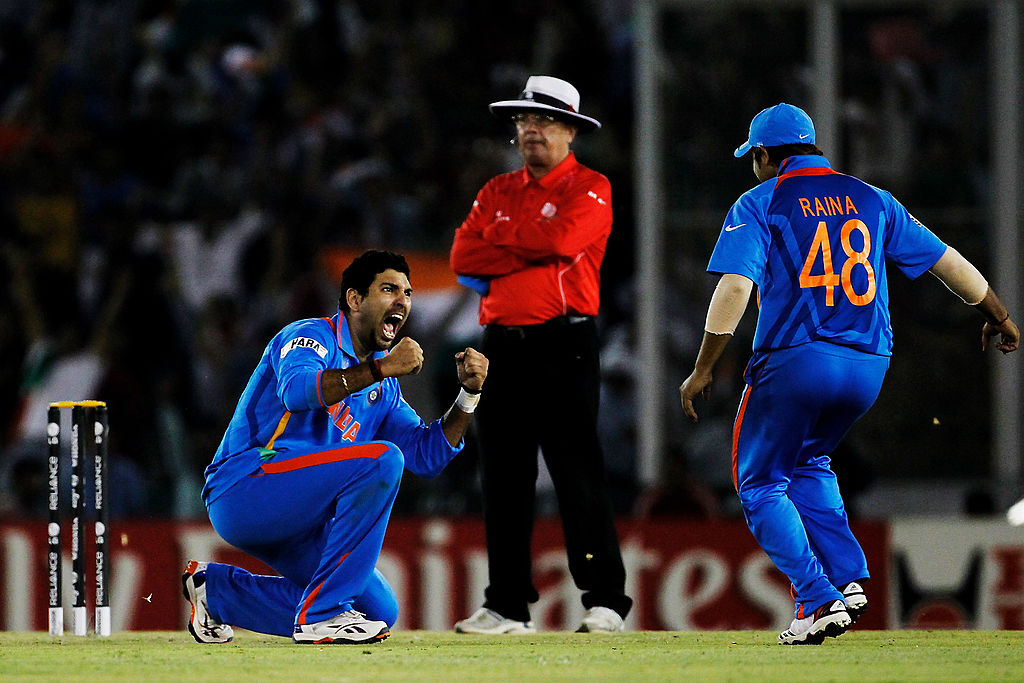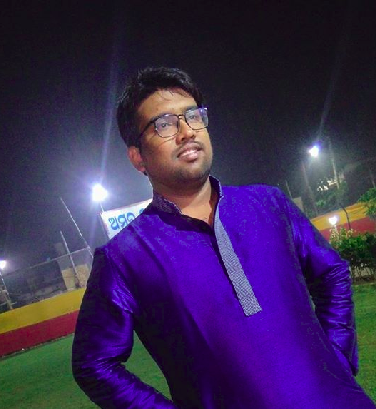Curtains on a colossal career - Yuvraj Singh fought his battle with grit and heart
As far as the sporting aphorism goes, here is one from the vault - 'There is someone in this ballpark watching me for the first time, and there is someone here watching me for the last time. I owe it to both of them to give my best.'

When New York Yankees icon Joe DiMaggio was asked why he always tried so hard, despite having scaled the peak and achieved everything there was to achieve in baseball, Joltin had shot back with the reply that provided a context to many sporting tales over the next 50 years. Sport, at the core of it, is a celebration of bravery, never-say-die-attitude and moreover, making everyone glued to some mundane activities that probably don’t have anything to do with their lives.
As far as Yuvraj Singh's experience goes, you were guaranteed both - ready to rock and roll between royalty and beggary, of an equal amount of joy and frustration. However, one thing can never be detached from the story of Yuvraj is that his career was a symbolic truth of two fundamental ideologies on which sporting edifices are built - seizing the moment as it comes and not dropping the intensity when the chips are down. You couldn’t otherwise explain the mindset of a 19-year-old kid smashing the likes of Glenn McGrath, Jason Gillespie, and Brett Lee to compile a game-changing 84 only on the second match of the career, and nor could you rightfully tell me the passion behind fighting for eight years to be a regular in the Indian team.
Because for Yuvraj, it was a battle between creating perceptions and then living up to his own high standard. Or probably silencing the guy, who doubted his credentials on the face of comparison with the inimitable duo of VVS Laxman and Sourav Ganguly or having a crack at Stuart Broad because Andrew Flintoff didn't see the most dangerous side of him. For him, cricket was both literal and metaphorical - a tale of achievements and a form of mythic storytelling. Amidst all, Yuvraj survived and made the world his ouster.
When he was battling cancer, which required a two-and-a-half month treatment in the USA, he was almost out of the public eye, fighting a battle bigger than he had ever faced on the field of cricket. One photo emerged on a certain newspaper during that time, with a bald Yuvraj sitting among the crowds to watch an NBA match in America. It was a picture that tells a story. It was a picture that told his pain of sitting among the crowds and not playing in front of them. No matter what the sport was, the feeling was the same.

 © Getty
© GettyOnce he returned to India after completing his chemotherapy in April 2012, not a single person in the sane mind could even think that Yuvi would hold his bat again. The social media pronouncements and #ComebackYuvi were in full motion, but that was more to satisfy our inner soul and celebrate the individual than actually making a realistic appeal. But Yuvraj was not your regular superstar and he has a far bigger appetite than looking at past glories.
Hark your mind back to December 2012, during Pakistan’s historic tour to India, you could see a left-handed batsman outscoring everyone on his way to a 36-ball 72 in Ahmedabad. He was returning back to the pavilion with pride in his eyes and swagger in his walk. More than anything else, it was this swagger that was Yuvraj’s biggest contribution to Indian cricket.
He made an entire generation of fans believe that there was more to Indian cricket than just Sachin Tendulkar’s larger-than-life persona or the sagacity of Rahul Dravid. A particular scene in MS Dhoni’s biopic “MS Dhoni: The Untold Story” gave a clear sneak-peak in this context. “Pata hai hum match kahan hare? Cricket ke field me nehi, raat mein basketball court pe,” Sushant Singh Rajput, the titular character, was seen telling his friends referring to Yuvraj Singh.
And, even though there were many who hate his brat-like persona, Indian cricket owes Yuvraj a huge debt of gratitude. From Nairobi 2000 to the NatWest final of 2002, from diving full length to pluck a sharp catch to send Graeme Smith packing in 2002 ICC Championship Trophy to that six sixes against Stuart Broad in the 2007 World T20 and of course, THE World Cup win in 2011, Yuvraj Singh was at the centre of several hinge points in Indian cricket history.
He could have been content with what he achieved and after beating cancer and taken a job as a commentator. But the way he fought back, almost two months after reaching India from the USA, would remain one of the greatest comebacks in cricket. And that is fundamentally the reason why I loved the fact Yuvraj never played a farewell game for India.
He was the epitome of a fighter and his battle was to earn the spot back, what he thinks, was rightfully his. For that, he went to Italy, stayed as a paying guest in a flat with Zaheer Khan, and did every kind of mental conditioning to return to do what he always did the best. He came back, became a part of two more T20 World Cups, scored his highest ODI score in 2017, did what he could to merit automatic selection in the Indian team and eventually played another ICC ODI tournament in 2017.
He was there because he deserved it and now that he is gone, the memories of his glories will mean all the more. But by not playing a showcase farewell game, Yuvraj has left a lasting legacy - one that has a bit of imperfection, pretty brutal lows, but one that has several crests, incredible highs and moreover, some jaw-dropping moments. We should all be grateful to him for that.
Cricket FootBall Kabaddi
Basketball Hockey
SportsCafe
Cricket FootBall Kabaddi
Basketball Hockey
SportsCafe

Comments
Sign up or log in to your account to leave comments and reactions
0 Comments